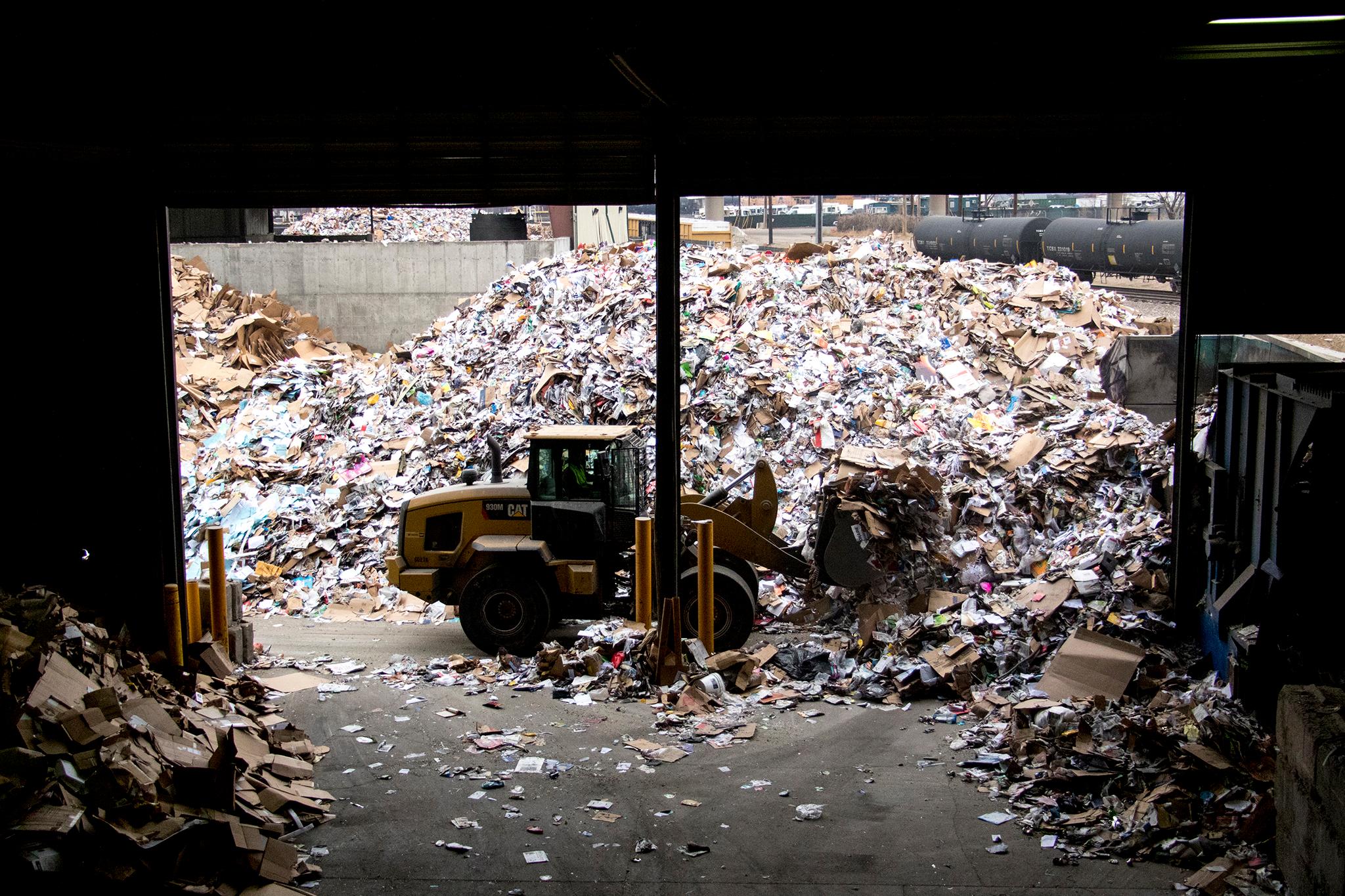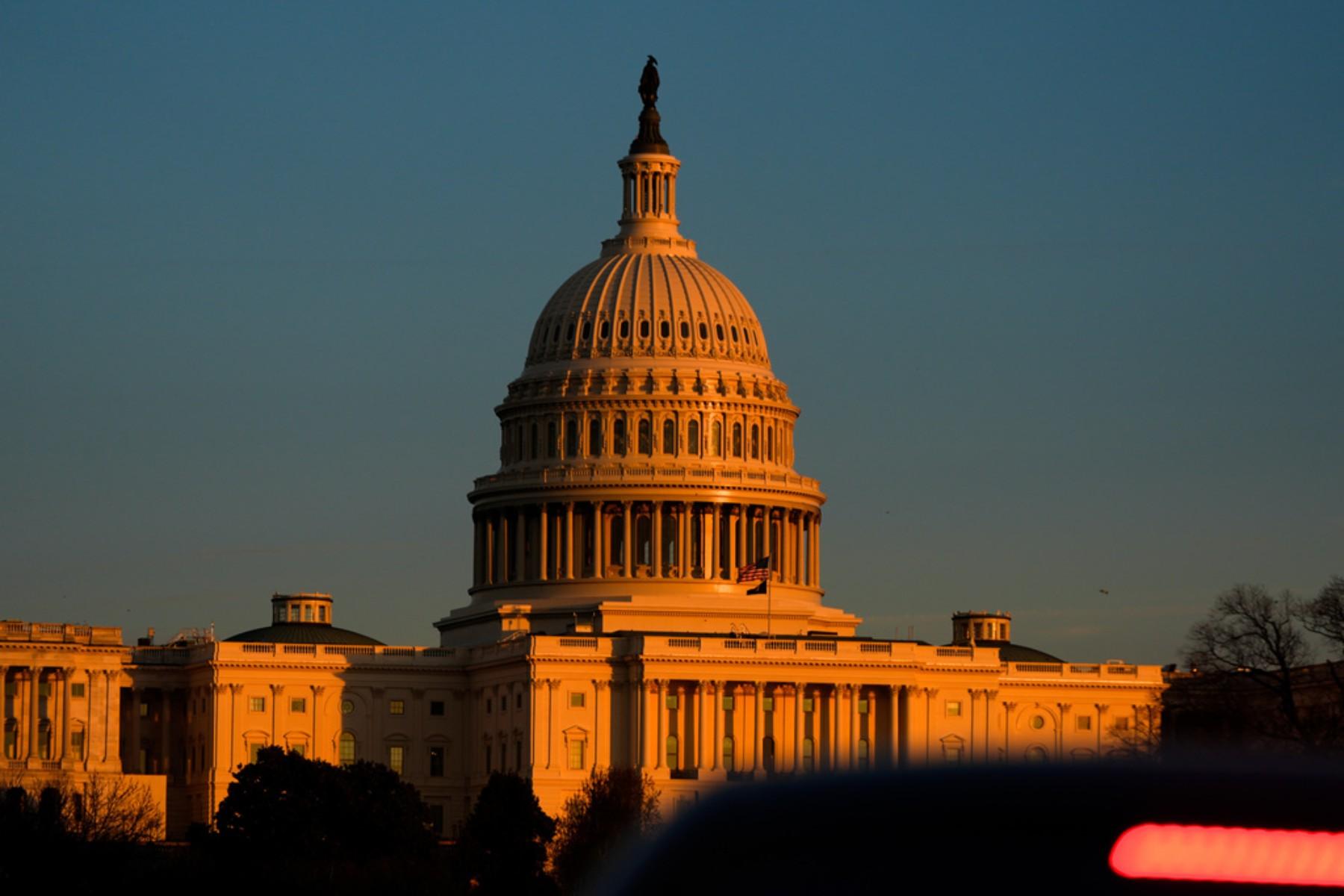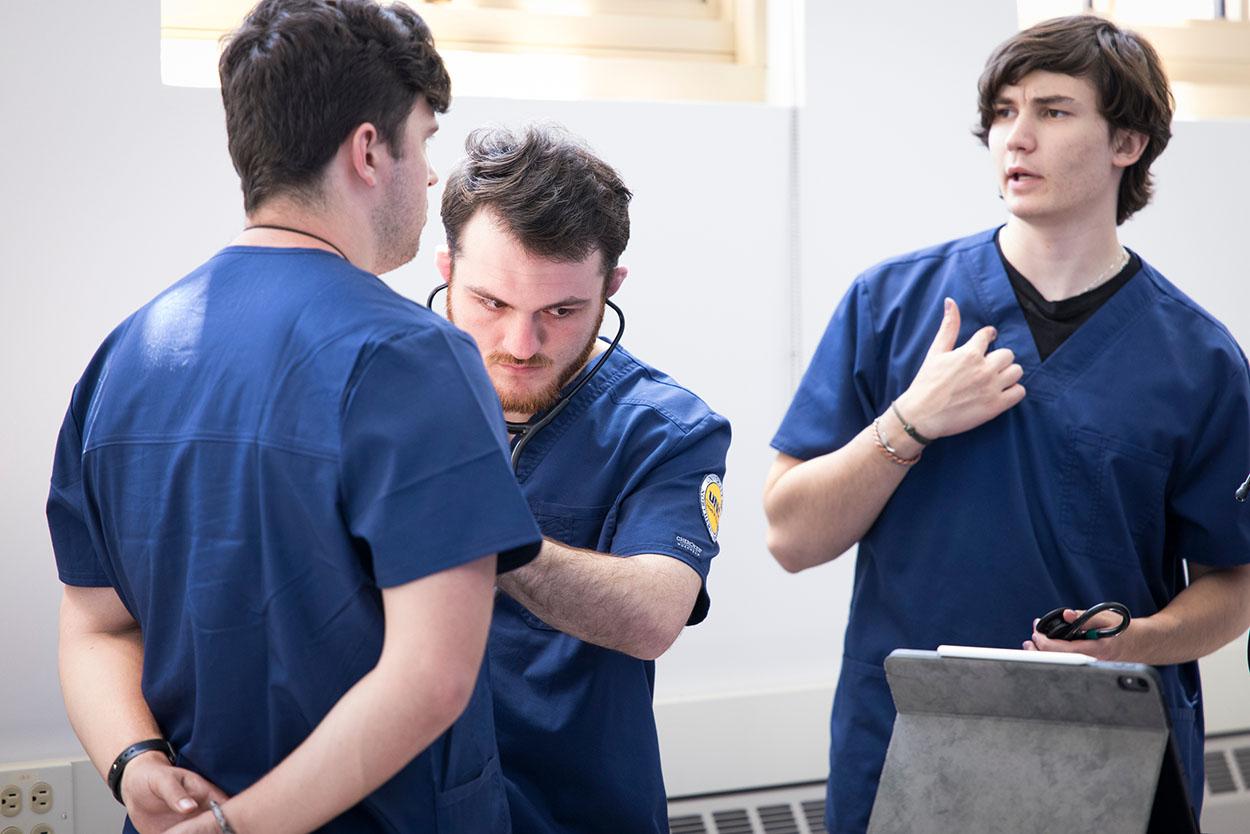
A Colorado bill to cut off state support for the plastics industry’s favorite new recycling plan is in the waste bin.
Gov. Jared Polis vetoed legislation on Friday that would have banned state incentives for projects to process waste through pyrolysis and gasification — techniques to break down plastics using heat applied in low-oxygen environments. The resulting chemicals can serve as the ingredients for new plastic products or alternative transportation fuels.
“While I share the proponents’ concerns about the air quality impacts of any project or technology, it is not appropriate to speculatively disincentivize critical pathways that could be important to Colorado’s efforts on climate action,” the governor wrote in a veto letter. “The bill as delivered to my desk is still unworkable.”
Major petrochemical companies insist the processes could spur a circular economy for plastic waste. By investing in what it calls “chemical recycling” or “advanced recycling,” the industry claims it can prevent its products from clogging the world’s oceans and landfills.
Environmental groups, meanwhile, warn that the processes require massive amounts of energy while emitting significant pollution and climate-warming emissions. Instead of an innovative recycling plan, critics say the techniques are a false solution designed by the industry to distract from policies to cut plastic use and production.
In Colorado, those concerns led environmental justice and recycling advocates to align behind the legislation. An original version would have banned plastic incineration projects, ending any prospect for new pyrolysis or gasification operations.
Objections from other lawmakers led sponsors to amend the bill to ban any state incentives for those projects instead. Backers also carved out exceptions for projects turning plastics into sustainable aviation fuel, which is central to current plans to cut the climate impact of air travel.
While the amended language kept the door open to some pyrolysis and gasification projects, it would have limited the governor’s administration to lure private investment in the technology to Colorado. The Colorado Office of Economic Development and International Trade, for example, approved about $660,000 in tax credits last year to help an unidentified company build a pyrolysis facility to process waste tires into diesel fuel. The legislation would have banned the state from awarding similar grants in the future.
In his veto letter, Polis wrote the bill would have muddled Colorado’s approach to economic development. The governor said the legislature’s role is to generate growth by creating incentives to attract specific jobs, industries or regions. Professional economic development officials within his administration then decide the best way to meet those goals. If a project moves forward, health regulators determine if a proposal meets the state’s air quality regulations.
By restricting state incentives for a specific technology, the governor warned the bill was a “backdoor way to regulate potential polluters.”
The veto disappointed bill supporters like Suzanne Jones, the executive director of Eco-Cycle, a recycling advocacy group. Jones said the state should reserve its financial support for projects aligned with the state’s climate action and environmental justice goals.
“We should not waste taxpayer dollars incentivizing plastics-to-fuel technology that increases pollution, doesn't recycle materials and isn't economical,” Jones said.
- In a world of waste, this Colorado recycling service takes even the trickiest items
- Keep that pizza box out of the green bin. Colorado’s largest compost processor will no longer accept packaging and paper products
- Coloradans are so bad at composting, whole truckloads are being rejected and sent to the dump









